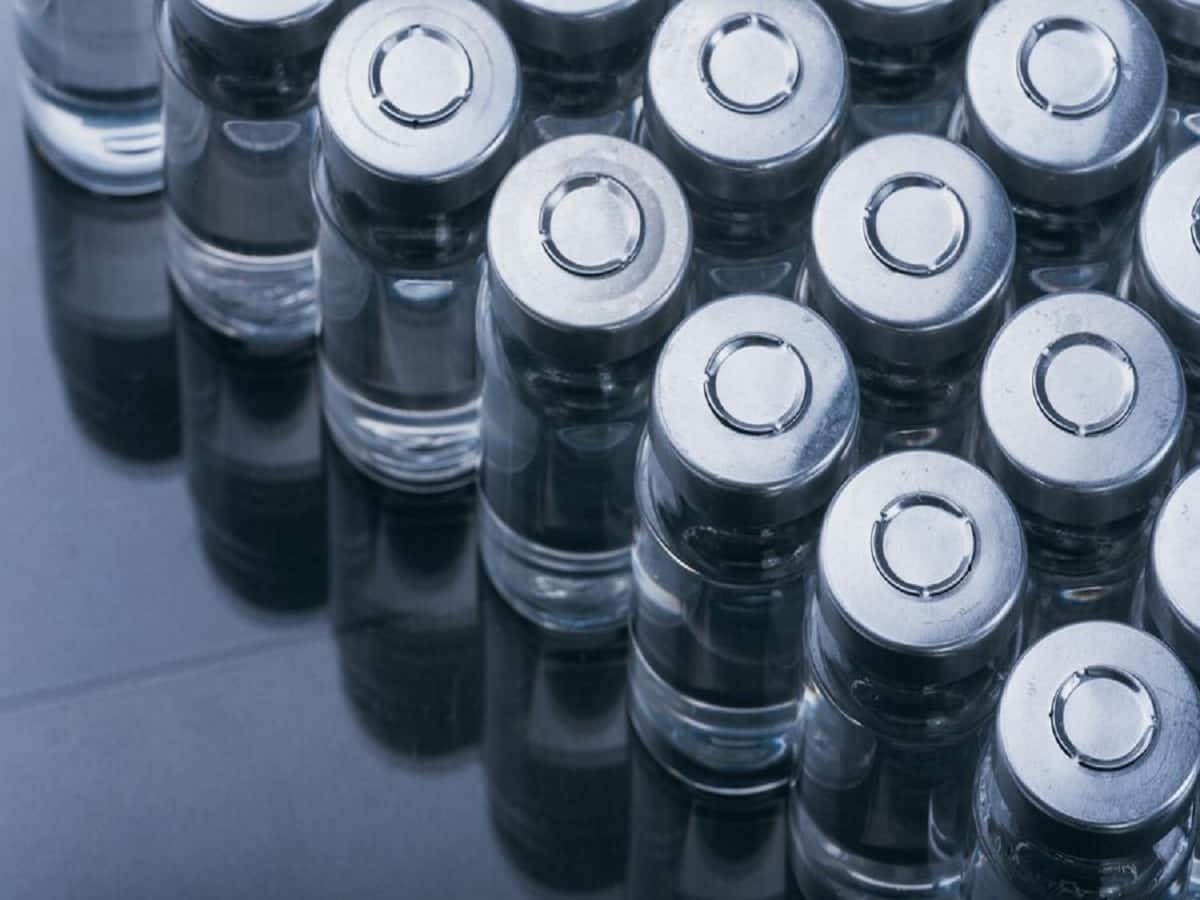High Vaccine Wastage In India –  Even though India is the largest supplier of vaccines globally, producing 62 per cent of the global demand, the wastage rate is high.
Even though India is the largest supplier of vaccines globally, producing 62 per cent of the global demand, the wastage rate is high.
COVID-19 has made us realise how crucial it is to address healthcare emergencies in time to protect people around the world. In the case of this pandemic, no matter how valuable a vaccine created against this virus is, it is of no use if it fails to reach its destination on time and, even worse, with low potency. To evade such circumstances, it is imperative to have a robust medical cold chain set up and able to reliably store all vaccines.
Maintaining vaccines, medicines, serums, and other biologicals at their appropriate temperatures is crucial. A high-quality medical cold storage system, such as one constituted by medical-grade refrigerators and freezers, allows for superior temperature control and stability, safe storage, and for reliable means of transportation for temperature-sensitive pharmaceuticals. However, this can be a complex process as every medicine, vaccine, and serum may require different temperature storage conditions. Poor handling and improper medical storage facilities can lead to a high wastage of medicines, biologicals, and vaccines.
A huge number of vaccines go waste in India – High Vaccine Wastage In India
For instance, even though India is the largest supplier of vaccines globally, producing 62 per cent of the global demand, the wastage rate is high. More than 62 lakh doses of the Covid-19 vaccine went to waste over most of last year, half of which were from just three states Uttar Pradesh, Madhya Pradesh and Rajasthan.
The vaccine’s journey from the manufacturer until the time of administration moves through multiple stages and stakeholders, and every step in the journey can contribute to vaccine wastage. Even though there are several challenges when it comes to the vaccine supply chain, one of the biggest ones is ensuring that vaccines are stored and transported at their intended temperature. If the vaccines get exposed to suboptimal temperatures, they lose their efficacy. Once lost, the potency cannot be regained, making the vaccine doses permanently ineffective. To avoid such situations, there is a growing necessity to have a sustainable, reliable, and efficient medical cold chain storage solution in place.
Importance of cold chain storage in the medical industry
Temperature plays a crucial role in molecular dynamics as it can affect the stability of many compounds. This applies to the medical world as well: high temperatures can lead to irreversible changes within molecules found in various medications, thereby reducing their effectiveness.
The same can happen to many vaccines and samples such as blood, as they are biological products that are thermosensitive in nature. If they get exposed to inappropriate temperatures, important components they are made of can degrade, thus diminishing their potency. Once this happens, the clinical and research utility of these biologicals is lost. Therefore, it is critical to maintain vaccines, medicines, and biological samples protected from temperature variations and to safely store and transport them across their supply chain networks.
Medical cold chain storage has become a critical requirement in the medical and healthcare industries to preserve the quality of pharmaceutical products and biologicals. It primarily includes deploying a network of medical-grade refrigerators, freezers, and transport solutions to always keep biologicals at their intended temperature. They can help maintain the efficacy of biomedical samples and pharmaceuticals such as vaccines at their intended temperature at every stage of their production, distribution, and administration processes.
A medical cold chain solution can cover several temperature ranges. Although the 2 C to 8 C spectrum is the most prevalent in research laboratories or clinical settings and can be met with medical refrigerators, biologicals requiring temperatures between -41 C and -20 C or -86 C and -20 C will require secure storage in freezers and ultra-low freezers respectively. Transport Boxes fitted with dry ice or PCMs (Phase Change Materials) will have to be used to deliver such biologicals.
When the pandemic struck, the medical cold chain industry rose to the challenge and provided clinical refrigeration systems for the COVID-19 vaccine storage, transportation, and distribution processes, often with the government’s assistance. We witnessed the emergence of several medical cold chain players having a great impact in India. The limitless efforts of these players are now expected to meet the rising demand for these products and build the ideal medical cold chain backbone the country requires across its territory.
Conclusion
Amid the rising pandemic-driven demand for pharmaceutical devices, medicines and vaccines, a reliable medical cold chain system has become more critical than ever. Despite the technological innovations and advances made in this space, vaccines continue to get wasted because of a lack of temperature control and related logistics. To maintain the stability and efficacy of such thermosensitive vaccines and biologicals, hospitals and healthcare researchers should consider effective cold chain logistics services.









